Sustainability
Femi.Eko® loves the idea of a healthy body and a happy planet. It guides us in everything we do, make and say. We develop durable menstrual products that are comfortable and leak-proof to wear. We strive to improve our business practices by addressing the needs of women while protecting our planet. We strive to produce less waste and promote a "reduce and recycle" policy, from our packaging to our products.
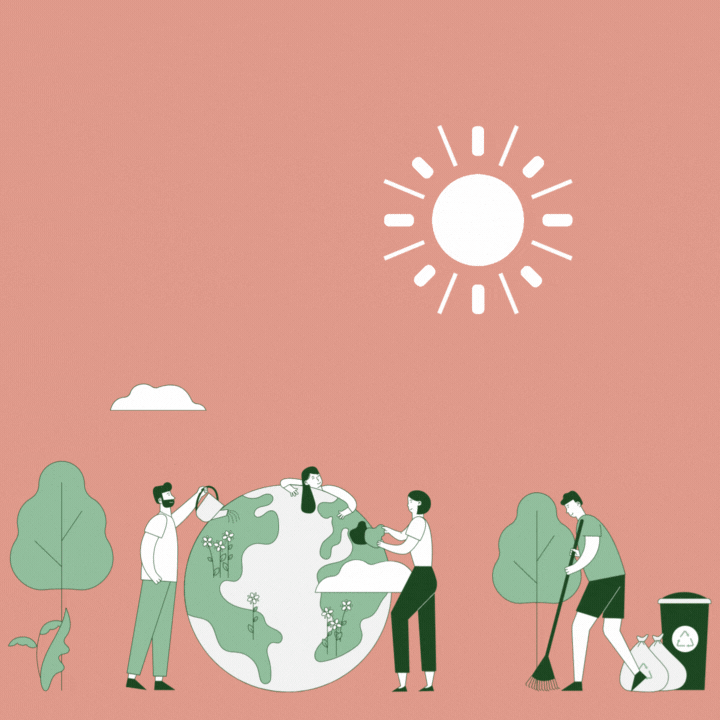
Caring for you, caring for the planet.
Recognizing that resources are finite, we prioritize thoughtful decision-making in everything we do. From the careful selection of raw materials to ethical manufacturing, eco-friendly transportation, and mindful distribution, all the way to the product's lifecycle with the end user, we ensure every step has a purpose. At each stage, we ask ourselves, "Is this really necessary? Who will be affected by it and when?"
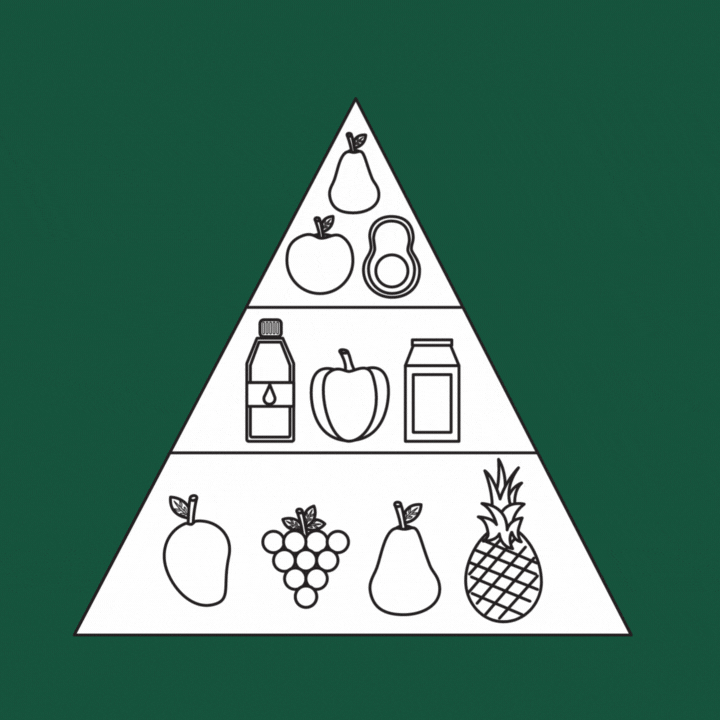
Chemical-free alternatives
Our goal is to protect women's health by choosing materials that are non-toxic and take into account the anatomy of the female body and the sensitivity of the intimate area.
We test and select only medically approved facilities for our production, from cups and discs to menstrual panties . All Femi.Eko's products are tested and certified.
All our products offer innovative protection for menstruation and other leaks, carefully designed to preserve the natural balance of the intimate area. They protect the vaginal flora and support the reproductive system, providing a sustainable, healthy solution for women, teenagers, and even infants.
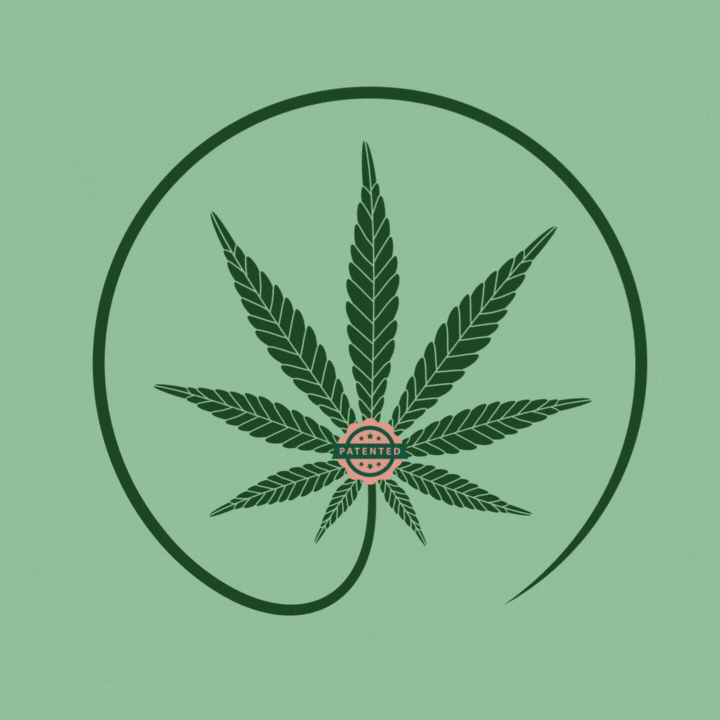
HEMP antibacterial technology
Femi.Eko’s patent pending technology features protective absorbent layers made from a blend of hemp yarn, organic cotton, and other natural textiles. Why do we prioritize hemp? Because it’s biodegradable, gentle on the body, and better for the planet. Hemp is one of the most sustainable materials available—from cultivation to usage. It enriches the soil, is CO2 negative, and requires minimal water to grow. With a growth cycle of just 3 months, hemp doesn’t need pesticides or chemical treatments for cultivation.
When used in our products, hemp offers numerous benefits for intimate health: it’s highly absorbent, antibacterial, hypoallergenic, moisture-regulating, odor-resistant, thermo-regulating, breathable, durable, chemical-free, and biodegradable. Known as "vegan wool," hemp truly sets the standard for sustainable, healthy care.
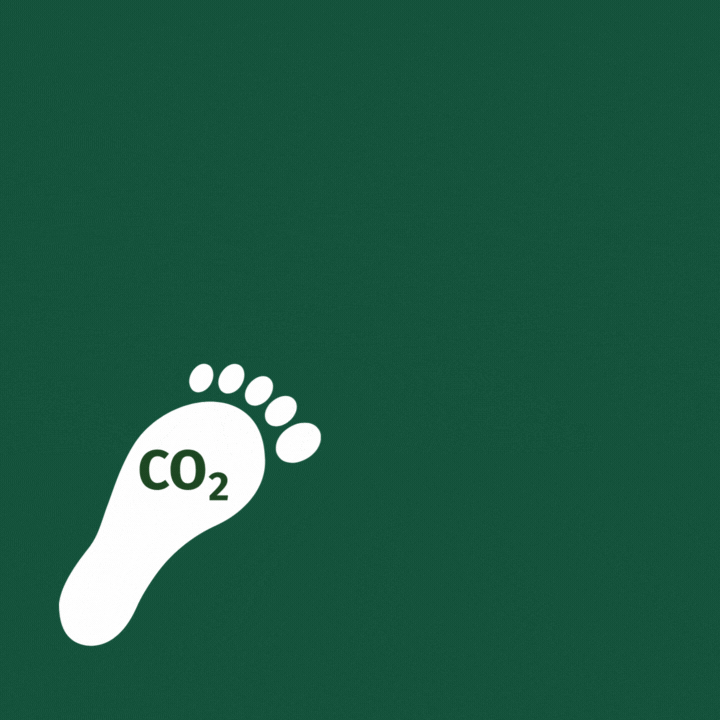
Our production
At Femi.Eko, we prioritize sustainability in everything we do. We carefully select partners who share our commitment to eco-friendly practices and continuously strive to support local production where possible. Our products are made across different regions, from Europe to Asia, with a focus on transparency and environmental responsibility throughout the entire production process.
From reducing our ecological footprint to integrating renewable energy solutions, we work closely with suppliers who uphold high environmental standards. Our collections, such as swimwear, often feature recycled materials, and we are always exploring new ways to expand our product range while staying true to our EKO.logical values.
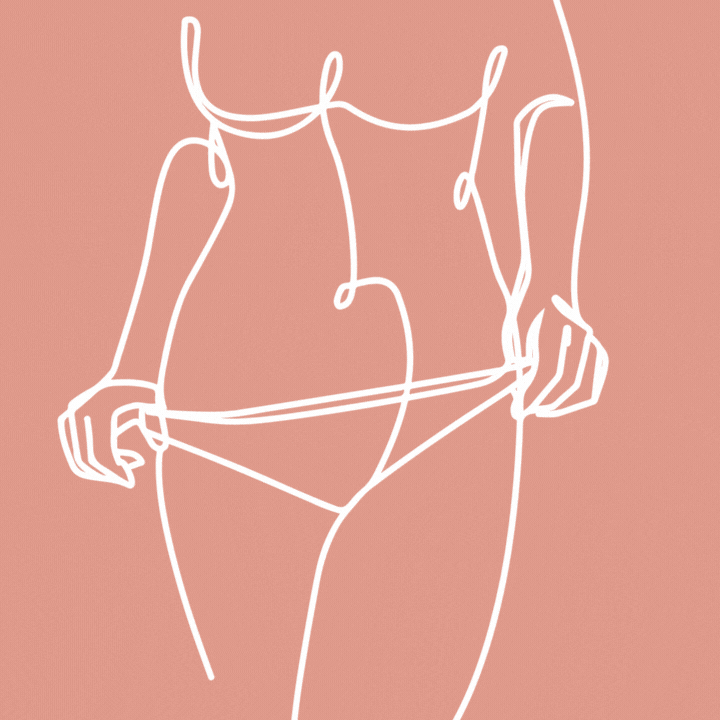
Packaging
All our products are thoughtfully packaged in FSC-certified boxes without plastic coatings, making them fully recyclable. Our menstrual underwear features biodegradable hygienic protection, and we avoid using extra labels or inserts to reduce waste.
We deliver our packages in biodegradable bags made from corn starch or in FSC-certified cardboard packaging, both completely recyclable.

Education
A sustainable future depends on both individual and collective efforts within local and global communities. At Femi.Eko, we feel a deep responsibility to educate people on the fragility of our ecosystems and to emphasize that every action, big or small, has lasting consequences. Our choices can either harm or help create a safe environment for future generations.
We want to express our gratitude to those who support sustainability by choosing recyclable products. Small changes—like making conscious purchasing decisions, recycling, washing in cold water, or air-drying clothes—can significantly reduce water and energy waste. Our mission is to raise awareness, especially among young people, about the power of these everyday actions to positively impact global warming, pollution, and the future of our planet.

CO2 footprint
By simply switching from disposable to reusable products, every woman can make a significant impact in reducing CO2 emissions and waste. From sourcing raw materials to the full life cycle of each product, reusable solutions offer a powerful alternative for modern society in the fight against pollution and global warming.
But thinking alone isn't enough—we must take action. That's why Femi.Eko has partnered with Trees For the Future to contribute directly to the planet's wellbeing. For every product you purchase, a tree is planted, and a farm is established for women in Africa, empowering them to become independent and support their families.
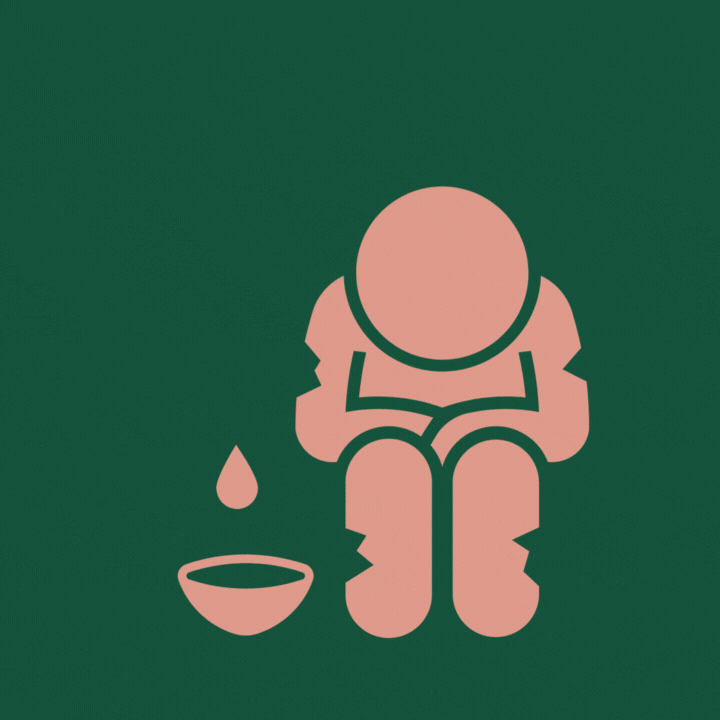
Periodenarmut
The term "Period Poverty" describes a global issue that affects people who lack access to essential menstrual products, education, proper facilities, or waste management. This deprivation can lead to both mental and physical health issues, as well as stigma and social exclusion. Menstrual products are often treated as luxury items, subject to high taxes, making them inaccessible for many young girls and women of all ages. While some regions have introduced laws to provide free menstrual products in schools or prisons, much more needs to be done.
At Femi.Eko, we are committed to addressing menstrual poverty and breaking the stigma that surrounds menstruation, which can lead to challenges like absenteeism from school and work, and diminished self-esteem. We strive to create affordable, inclusive products that empower all women.
Our mission goes beyond product development. Through our partnership with Better Vision for Africa we are actively contributing to the fight against menstrual poverty by providing menstrual cups, reusable pads, and menstrual underwear, along with educational resources on reproductive health in Africa.
Sign up for more sustainable news
Discover our monthly movements.





